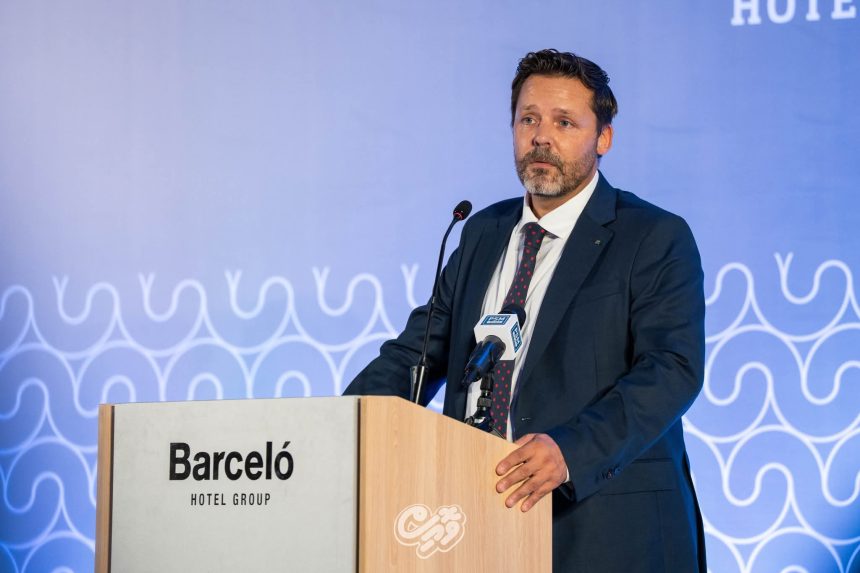The Barceló Maldives, a name synonymous with luxury in the global tourism market, is now at the center of damning allegations over its internal management culture. Reports from within the hospitality sector accuse senior figures at the property of fostering an “arrogant superiority complex” and mistreating staff, raising urgent questions about labor practices at one of the Maldives’ most prestigious destinations.
Growing Discontent Behind the Scenes
According to multiple anonymous testimonies and insider accounts, the resort’s leadership has cultivated an atmosphere of fear and demoralization. Employees—who form the backbone of the Maldives’ world-renowned hospitality industry—say they feel sidelined, undervalued, and routinely disrespected.
While Barceló Maldives markets itself as a symbol of excellence and indulgence for high-end guests, insiders describe a starkly different reality for those working behind the curtain.
Key Allegations
Among the most troubling claims are:
- Verbal abuse and intimidation: Accounts allege managers use degrading language and threats, creating a climate of hostility.
- Discrimination and inequality: Reports point to preferential treatment based on nationality, with local Maldivians and certain foreign staff enduring poorer conditions and limited career opportunities.
- Neglect of employee welfare: Complaints cite substandard housing, excessive working hours, and dismissive attitudes toward grievances, painting a picture of management’s disregard for staff well-being.
Legal and Industry Implications
If proven, these allegations would place Barceló Maldives in clear violation of the country’s labor laws, which guarantee workers’ rights to dignity, fair treatment, and a safe workplace. The Employment Act explicitly safeguards employees from harassment, mandates reasonable working hours, and ensures equal opportunities—provisions the resort is now accused of ignoring.
The timing of these accusations is particularly sensitive. From September 2025, amendments to the Employment Act will require all companies with more than 50 employees to appoint a Maldivian as Head of Human Resources and maintain a majority of Maldivians in senior management. The law aims to ensure local voices are prioritized—something critics argue Barceló Maldives has consistently failed to uphold.
Reputational Risks for a Global Brand
The Barceló Hotel Group has long promoted itself as a responsible international operator with strong commitments to employees and local communities. But industry analysts warn that the Maldivian property’s alleged misconduct could seriously undermine the brand’s image, particularly in a country where tourism accounts for nearly one-third of GDP and labor practices are under increasing scrutiny.
“Maldives cannot afford to have resorts treating staff as disposable” one industry observer noted. “Such behavior damages not only the resort but the country’s reputation as a fair and welcoming destination”.
With regulators and labor watchdogs likely to take a closer look, the resort’s handling of this crisis may determine whether it recovers its standing—or becomes a cautionary tale of how arrogance and neglect can corrode even the most polished brand image.




